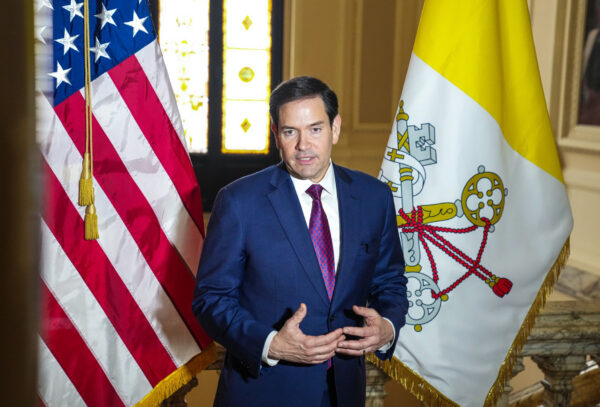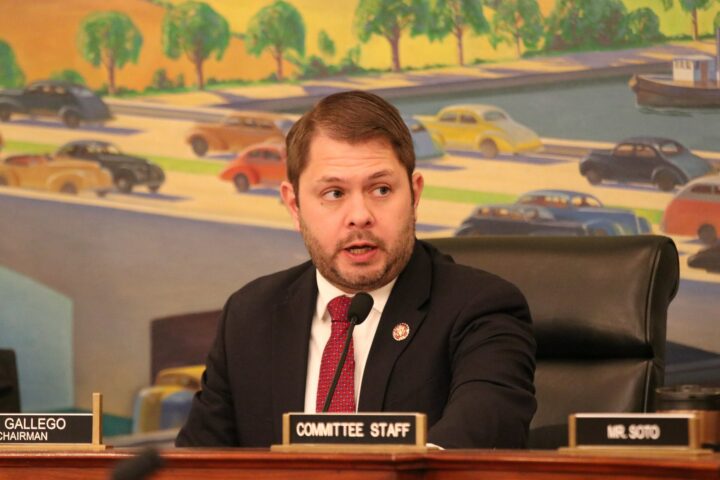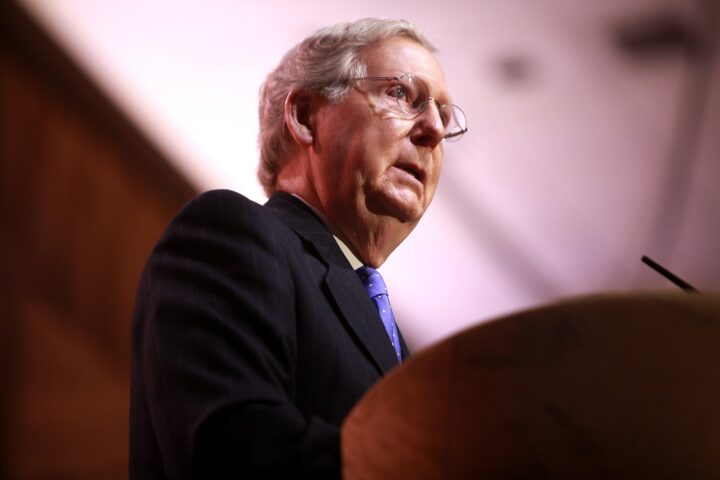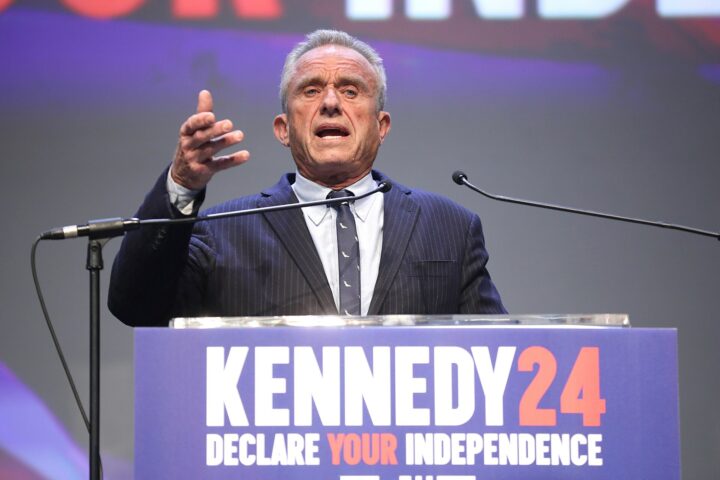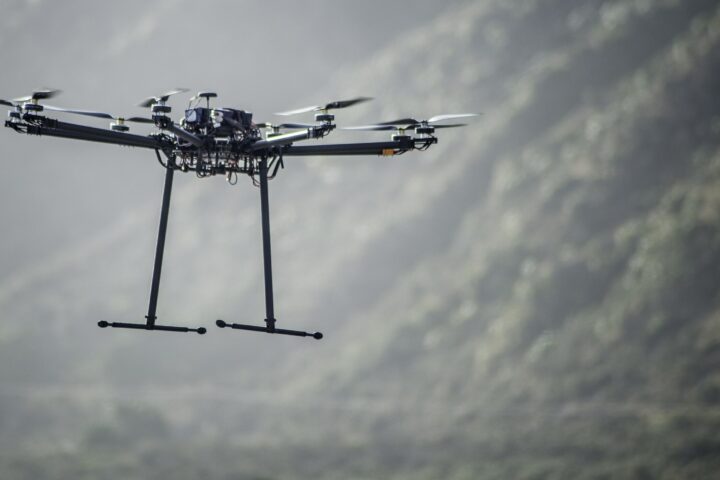Secretary of State Marco Rubio reportedly announced a sweeping policy on Wednesday aimed at revoking visas for Chinese nationals studying in the United States who are believed to have ties to the Chinese Communist Party or are enrolled in sensitive academic programs.
In a statement that reflects the administration’s intensifying stance on national security and U.S.-China relations, Rubio said the State Department, in coordination with the Department of Homeland Security, would take immediate steps to limit access to U.S. higher education for individuals deemed a potential threat.
“We will aggressively revoke visas for Chinese students with connections to the Chinese Communist Party or those studying in fields critical to our national security,” Rubio said.
He added that interviews for new Chinese student visa applicants would be temporarily paused while the administration finalizes updated screening protocols.
The new policy will affect a large population of students, as nearly 275,000 Chinese nationals are currently studying at American universities.
Many of them are engaged in science and technology research programs that U.S. officials have increasingly warned could be exploited for espionage or intellectual property theft.
The administration also plans to expand digital background checks, including closer scrutiny of social media activity, as part of enhanced vetting efforts.
Officials argue the measures are essential to protect U.S. research institutions from foreign interference and unauthorized technology transfers.
China’s government responded sharply to the announcement, calling the policy discriminatory and politically motivated.
Beijing has warned of possible retaliation, and diplomatic tensions between the two nations continue to escalate amid ongoing disputes over trade, cybersecurity, and Taiwan.
Meanwhile, countries such as Australia and the United Kingdom have signaled that they may be willing to accommodate Chinese students who are impacted by the U.S. crackdown, raising questions about whether America’s new stance will drive academic talent elsewhere.
Rubio’s announcement is the latest in a series of actions aimed at limiting what the administration sees as undue CCP influence on American soil.
The move follows a series of high-profile cases involving Chinese students and researchers accused of concealing ties to the Chinese military or acting as agents for Beijing.
Among them was a former Boston University student and a Chicago graduate student who were prosecuted under federal espionage-related charges.
Critics of the policy argue that it risks unfairly targeting students based on nationality and political suspicion, potentially damaging the United States’ reputation as a global hub for academic freedom and research collaboration.
As universities brace for the impact, the future of international academic exchange between the U.S. and China remains uncertain.
[READ MORE: Trump Expresses Disappointment in Putin After New Russian Attacks]

